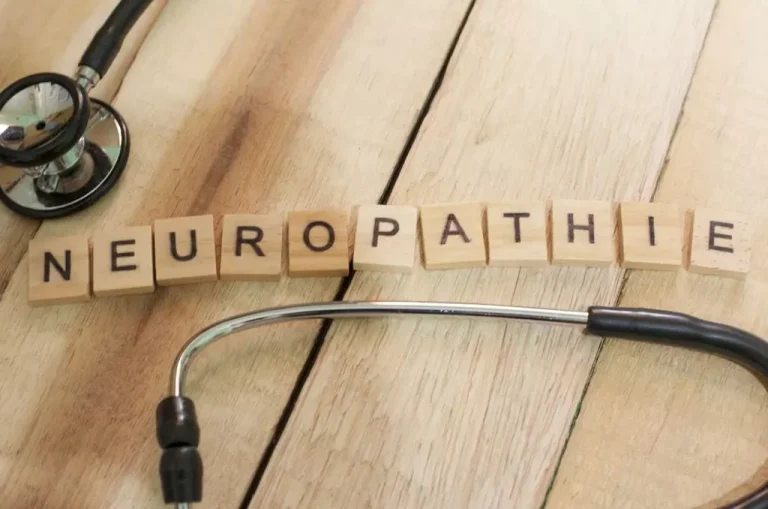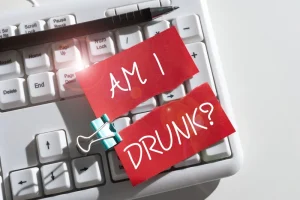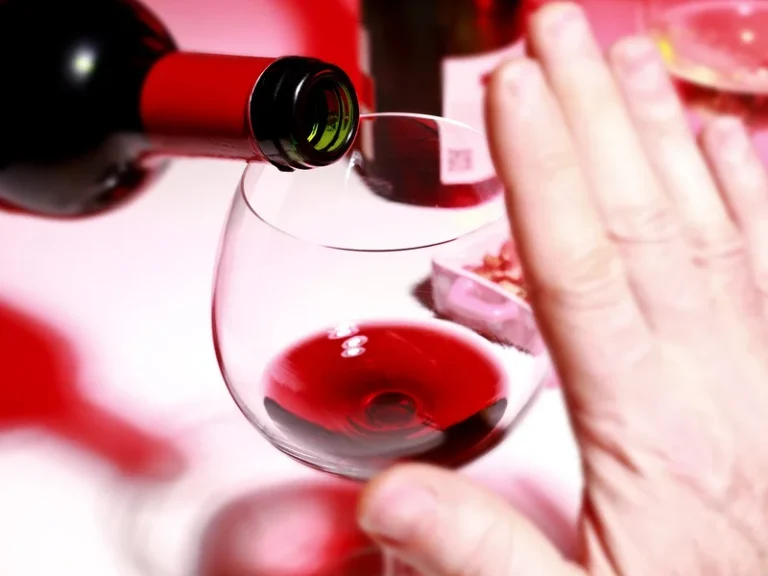
Panic disorder sometimes runs in families, but no one knows for sure why some family members have it while others don’t. Researchers have found that several parts of the brain and certain biological processes may play a crucial role in fear and anxiety. Some researchers think panic attacks are like “false alarms” where our body’s typical survival instincts are active either too often, too strongly, or some combination of the two. For example, someone with panic disorder might feel their heart pounding and assume they’re having a heart attack. This may lead to a vicious cycle, causing a person to experience panic attacks seemingly out of the blue, the central feature of panic disorder.
How are panic attacks and panic disorder treated?
There are many ways to reduce the intensity and frequency of anxious thoughts, as well as cope with anxious feelings when they do arise. Sometimes, no matter what I do, the only thing that abates my post-drinking anxiety is waiting it out. At the very least, I find comfort in remembering that my shaky-emotional-ground feeling, no matter how intense, will dissipate soon enough. As Dr. Greenfield puts it, “Time is on your side.” Just breathe, take care of yourself, and remember that hangxiety isn’t forever. Panic attack symptoms can also resemble symptoms of other serious health problems, such as a heart attack, so it's important to get evaluated by your primary care provider if you aren't sure what's causing your symptoms. One of the worst things about panic attacks is the intense fear that you'll have another one.
Healthy Lifestyle Habits
- Any information published on this website or by this brand is not intended as a substitute for medical advice, and you should not take any action before consulting with a healthcare professional.
- However, it is important to note that these studies typically exclude people with AUDs—a requisite standard practice to enhance the internal validity of efficacy studies.
- Second, alcohol use in the presence of stress stimuli may interfere with extinction-based learning necessary for normal adaptation to stressors.
- Anxiety-focused psychotherapy may be used in conjunction with medication or on its own.
However, when alcohol “wears off,” the brain’s serotonin, dopamine, and endorphin levels become depleted. The nervous system can also become overactive in reaction to the depressive effects of alcohol, causing an imbalance in brain chemistry. This phenomenon is often referred to as “hangxiety,” and can last from a few hours to a few days after consuming alcohol. If you have anxiety and are using alcohol to cope, it's important that you seek support from your doctor or mental health professional. It's never too late (or too soon) to reach out for help if you are trying to cope with a mental health condition or substance use disorder.
Help for Mental Illnesses
These medications also may cause side effects, such as headaches, nausea, or difficulty sleeping. These side effects are usually not severe, especially if the dose starts off low and is increased slowly over time. Talk to your health care provider about any side effects that you may experience. Anxiety after drinking can result from alcohol’s impact on brain chemistry, dehydration, withdrawal symptoms, disrupted sleep, and pre-existing anxiety disorders. If this is a recurring issue, consider moderating alcohol intake and seeking professional support. Anxiety disorders also may have a particularly detrimental impact on alcohol-focused treatment for women.

An untreated panic disorder can affect your quality of life and lead to difficulties at work or school. While, for some people, a panic attack might be a one-off occurrence, 2% to 3% of people will go on to develop panic disorder. Heart palpitations and tachycardia, or abnormally high heart rate, are additional symptoms of a panic attack. Feeling your heart skip a beat, or feeling an unusually high pulse, can be a scary experience that can exacerbate your panic attack. People often use words like "crushing," "pounding," "feels like an eternity," "losing my mind," and "can't get enough air" to describe panic attacks.
You can become agitated and jittery because your body is busy processing the alcohol, which neutralizes the effect of these medications. Even if you’re consuming a standard amount of alcohol — a 12-ounce beer or a 5-ounce glass of wine — https://ecosoberhouse.com/ you’ll experience a mild detox or withdrawal. It takes your body and liver about eight hours to remove what’s essentially a poison. As this is happening, it can affect your central nervous system and cause you to feel jittery or anxious.


In this situation, a person expects to get relief from their anxiety symptoms when they consume alcohol because of its effect on the central nervous system (CNS). Alcohol can produce a sense of euphoria and decrease a person's inhibition. These effects can make it seem like drinking alcohol is providing the person with relief from their anxiety. In the United States, can alcohol cause panic attacks “moderate” typically refers to two drinks a day for adult men and one for women. Older adults metabolize alcohol faster, so if you’re in this age group, limit yourself to one alcoholic beverage per day. A 2018 narrative review suggests that 21.9% to 24.1% of people with an anxiety disorder or mood disorder use alcohol or drugs to relieve their symptoms.